
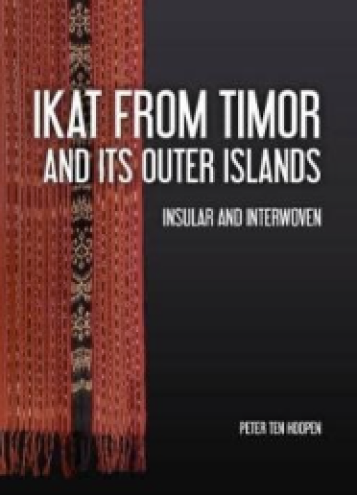
Author: Peter ten Hoopen. 2022 320 pg. (English)
Publisher: Sidestone Press, Leiden, Netherlands
The author presents a study on ikat in Timor from a technological viewpoint, microscopy, and design analysis of asymmetry. The presentation also includes the distribution of shared motifs with other surrounding smaller islands, as well as ikat in its social context. The book was awarded the 2023 ICAS Book Prize Accolades.
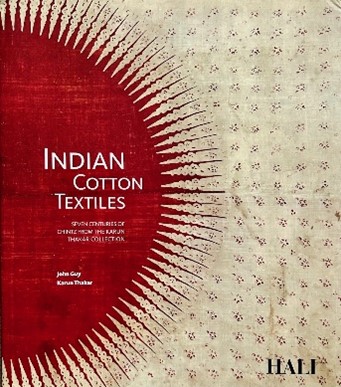
Author: John Guy & Karun Thakar, 2016, 172 pg. (English)
Publisher: ACC Art Books Ltd, United Kingdom
The Karun Thakar Collection showcases the importance of Indian cotton in early international trade. Textiles symbolized status and wealth, creating a dialogue between makers and consumers. Spanning from medieval times to the 19th century, the collection features Indian cotton textiles for the Asian market and European exports influenced by Indian designs. Essays by John Guy offer insights into the significance, techniques, and origins of these trade cloths.
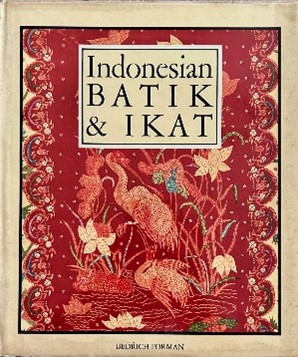
Author: Bedrich Forman, 1988. 167 pg. (English)
Publisher: Hamlyn, London
This book serves as a key reference for art historians, focusing on three distinct methods of cloth patterning: Batik, Ikat, and Ship cloths. Bedrich offers insights into the symbolism of batik motifs and the sacred functions of ikats and ship cloths, enhancing readers' appreciation of Indonesian textile arts.
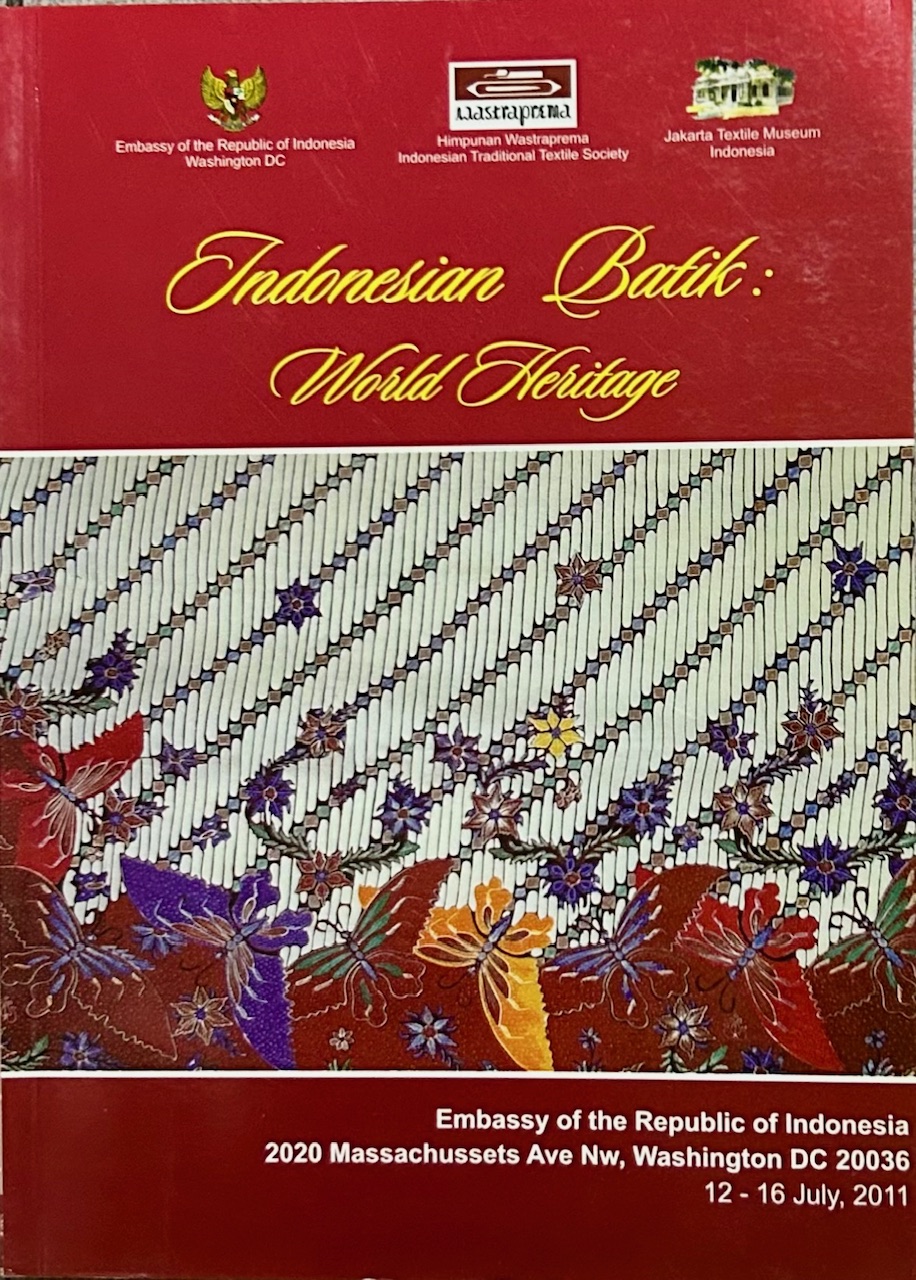
Author: Judi Achjadi & Mariah Waworuntu, 2011. 72pg. (Indonesian and English)
Publisher: Himpunan Wastraprema, Jakarta
The Indonesian Batik exhibition is the first overseas showcase since UNESCO recognized it as an Intangible Cultural Heritage in 2009. This important collaboration between Himpunan Wastraprema, the Indonesian Embassy in Washington, D.C., and the Jakarta Textile Museum features exceptional works by renowned artisans like Iwan Tirta and Katura, highlighting the global significance of Indonesian batik.
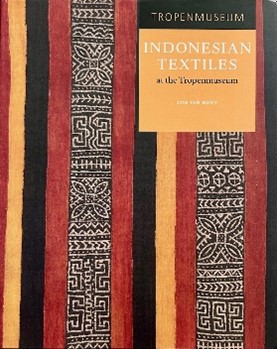
Author: Itie van Hout, 2017. 231pg. (English)
Publisher: LM Publisher, Volendam, Netherlands
Over 160 years, the Tropenmuseum collected around 20,000 traditional textiles, including 12,000 Indonesian textiles and weaving tools. This study explores the collection's origins and the stories of its makers, users, and the Dutch collectors who brought them to the Netherlands. While most textiles come from the archipelago, a small portion was created in the Netherlands for artistic or commercial reasons.
Page 13 of 37